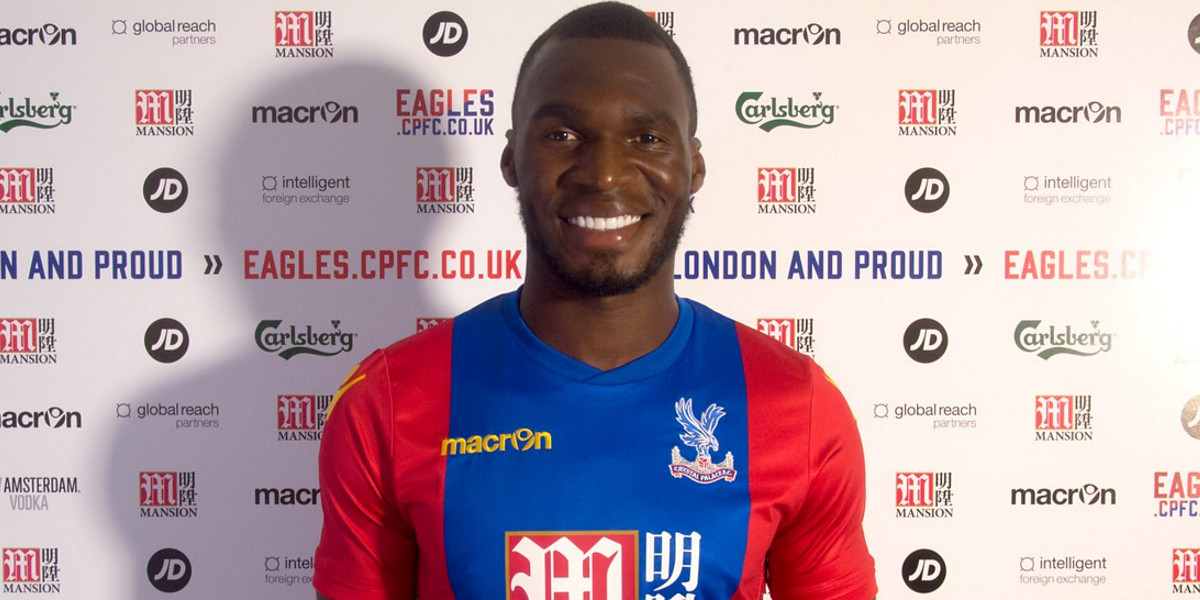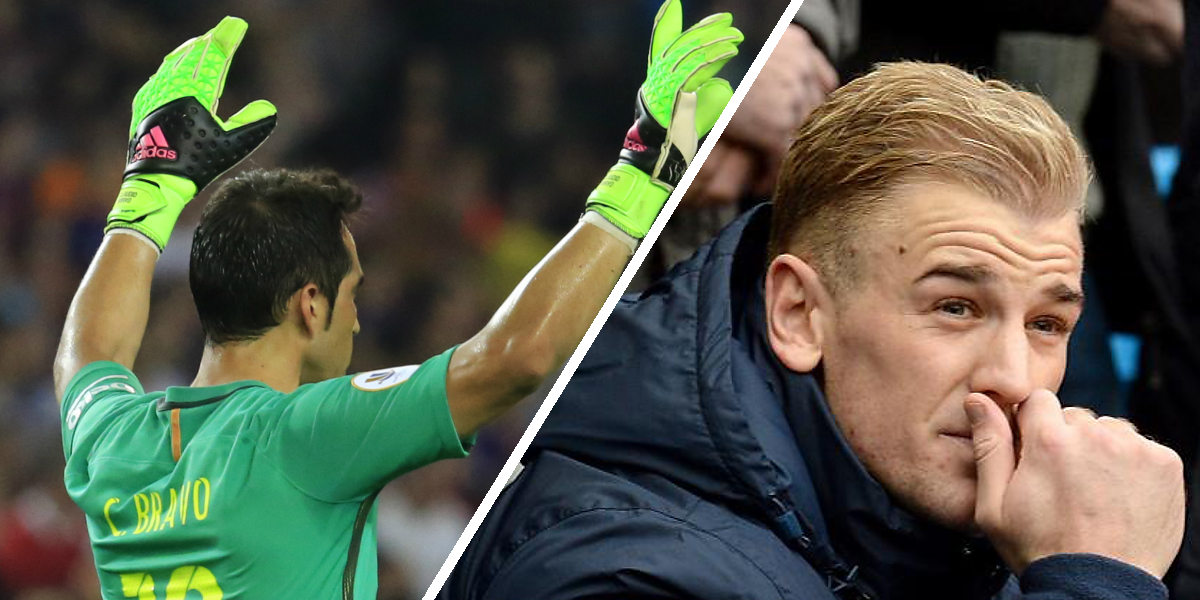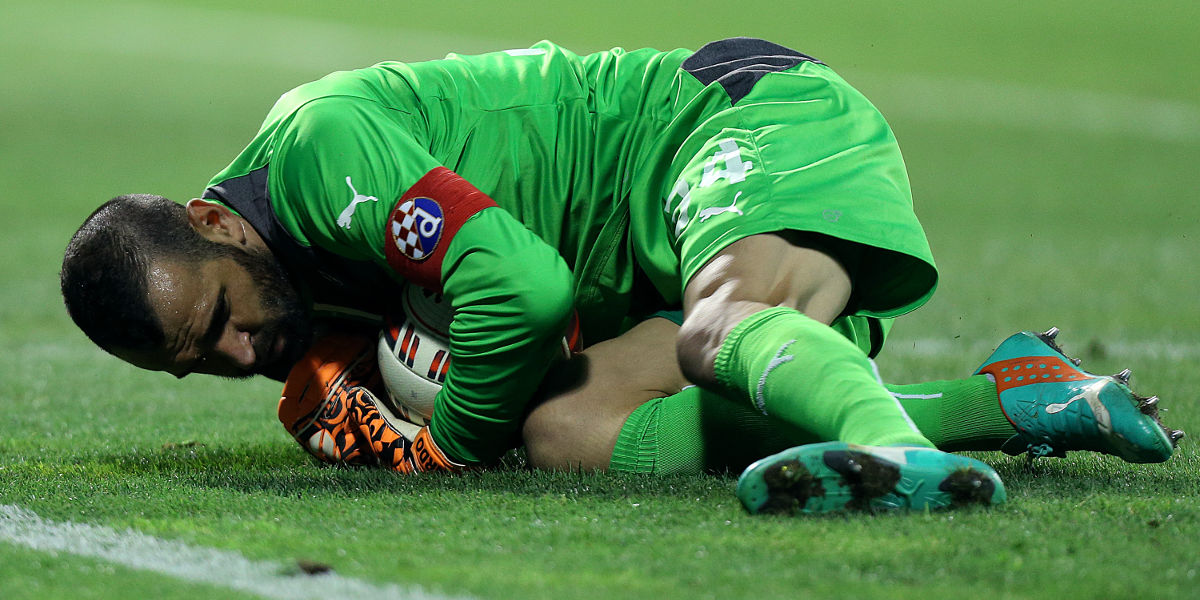A 20-year-old Greek footballer has been banned for life from playing for his national team after a controversial goal celebration in which he appeared to give a Nazi salute. The player says he hadn’t understood the meaning of the gesture – but is it possible, in 2013, for a European to be so poorly informed?
On Saturday, Giorgos Katidis gestured with his right arm extended and hand straightened, to celebrate scoring the winning goal for his team AEK Athens in a Super League game at the Olympic Stadium in Athens.
After the match, the former captain of the Greek under-19 team turned to Twitter to explain his actions.
“I am not a fascist and I would not have done it if I had known what it means,” he wrote.
His team’s German coach also said his player was ignorant of what the salute signified.
“He is a young kid who does not have any political ideas. He most likely saw such a salute on the internet or somewhere else and did it, without knowing what it means,” he said.
“I am 100% sure that Giorgos did not know what he did.”
Nevertheless, the country’s football federation said the midfielder’s gesture insulted all victims of the Nazis and banned him from playing for the Greek national team for life.
He was heavily criticised by political parties on Twitter and Facebook and later issued a statement apologising. Katidis reiterated that he did not know what he was doing, but said that was no excuse.
But is it really possible for young people in Europe today not to know the meaning of such gestures?
In Greece, the leader of the Golden Dawn far-right nationalist party has been shown making Nazi salutes at party rallies.
Last year it won a number of seats in parliament, on a wave of public anger against austerity and immigration, and disillusionment with mainstream politicians.
Members who use the arm-outstretched, flat palm, gesture, argue they are employing the “Roman salute”.
“There is a lot of work being done among Golden Dawn to recruit among the hooligan sections of the football clubs,” says Athens-based journalist Christos Michaelides.
“There are those young people who are just fascinated by the party and its symbolism – the black clothes, the hair, tattooing themselves.
“They see Golden Dawn as a friendly party, which says that it can clean up Greek politics. They also like it because it is against foreigners.”
But some of those who are drawn to the party’s symbolism have no idea what it all means – even the salute, says Michaelides.
He says that while World War II is studied by school children, some just don’t seem to take it in.
But Matthew Goodwin, associate professor of politics at the University of Nottingham, and a specialist in political extremism, thinks that is it inconceivable that young Europeans could be entirely ignorant of the associations of neo-Nazi symbolism.
Many parties on the fringes of European politics employ elements of neo-Nazi symbolism, he says, although they present it as something else to stay on the right side of the law.
In particular, those groups have managed to infiltrate sport in countries such as Germany, Austria, Italy and the UK.
“Football culture is symbolically rich and neo-Nazi-type gestures and symbols have become immersed in certain of those cultures… It’s obvious what they represent.”
In 2005, the then Lazio striker Paolo Di Canio received a one-game ban for a raised-arm salute.
Contesting the ban, he described himself as a “fascist” but “not a racist”.
“I made the Roman salute because it’s a salute from a comrade to his comrades and was meant for my people,” he said.
But Di Canio is a generation older than Katidis.
Goodwin acknowledges that a generation is emerging that has grown up with little personal connection with the war or the Holocaust. Their grandparents will have been children in the 1930s, if they were alive at all. But, he argues, they do retain a basic understanding of the meaning of Sieg Heil gestures.
“Europe still displays a fascination with Nazi Germany – its paraphernalia and culture is still very heavily present. There is the popular culture, the films – the symbolism is still represented,” he says.
In Greece, in particular, it is “incredibly doubtful” that people don’t have notion of what the symbolism or gestures mean, says Goodwin – partly because of all the fuss over Golden Dawn.
“It’s not a marginal issue,” he says.
“Naivete and ignorance is difficult to digest in modern Greece.”
From: BBC























